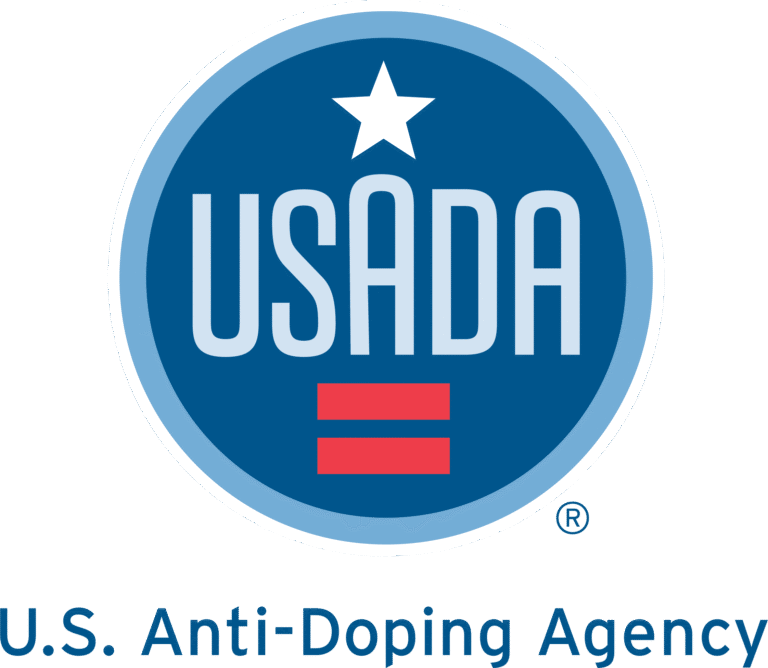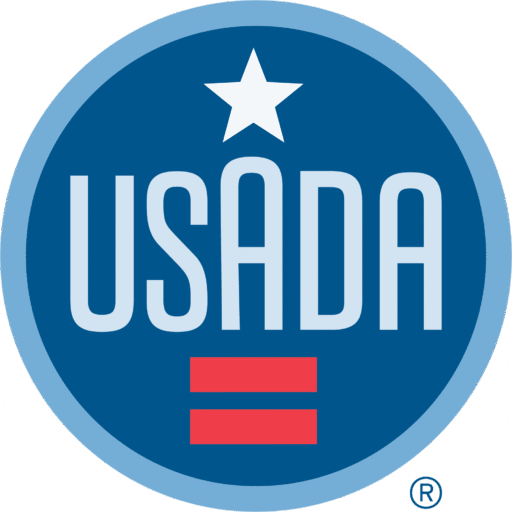 USADA announced today that Justin Glanville, of Everett, Wash., an athlete in the sport of weightlifting, has accepted a four-year suspension for an anti-doping rule violation involving his possession and use or attempted use of multiple prohibited substances.
USADA announced today that Justin Glanville, of Everett, Wash., an athlete in the sport of weightlifting, has accepted a four-year suspension for an anti-doping rule violation involving his possession and use or attempted use of multiple prohibited substances.
In addition to education and testing, robust anti-doping programs enable investigations stemming from various sources, including tips (Play Clean Tip Line) and whistleblowers. USADA investigations can reveal evidence about the actions of coaches, athletes, and support personnel who have engaged in, instigated, facilitated, or encouraged doping.
This type of non-analytical information prompted an investigation into Glanville’s case, during which USADA obtained specific and credible evidence that starting on June 11, 2016, Glanville, 29, made seven online purchases of products containing prohibited substances. Products containing somatropin (recombinant human growth hormone), fluoxymesterone, drostanolone, metandienone (Dianabol), nandrolone, testosterone, stanozolol, oxandrolone (Anavar), oxymetholone, and anastrozole were shipped to Glanville’s home in Snohomish, Wash.
Anastrozole is a Specified Substance in the class of Hormone and Metabolic Modulators; somatropin is a Non-Specified Substance in the class of Peptide Hormones, Growth Factors, Related Substances and Mimetics; and fluoxymesterone, drostanolone, metandienone, nandrolone, testosterone, stanozolol, oxandrolone, and oxymetholone are Non-Specified Substances in the class of Anabolic Agents.
These substances are prohibited at all times under the USADA Protocol for Olympic and Paralympic Movement Testing, the United States Olympic and Paralympic Committee National Anti-Doping Policy, and the International Weightlifting Federation Anti-Doping Policy, all of which have adopted the World Anti-Doping Code and the World Anti-Doping Agency Prohibited List.
Glanville’s four-year period of ineligibility began on May 31, 2020, the date he accepted a sanction. In addition, Glanville has been disqualified from competitive results obtained on and subsequent to June 11, 2016, the date he first purchased prohibited substances, including forfeiture of any medals, points and prizes.
In an effort to aid athletes, as well as support team members such as parents and coaches, in understanding the rules applicable to them, USADA provides comprehensive instruction on its website on the testing process and prohibited substances, how to obtain permission to use a necessary medication, and the risks and dangers of taking supplements, as well as performance-enhancing and recreational drugs.
In addition, USADA manages a drug reference hotline, Global Drug Reference Online (www.GlobalDRO.com), conducts educational sessions with National Governing Bodies and their athletes, and distributes a multitude of educational materials, such as an easy-reference wallet card with examples of prohibited and permitted substances, a supplement guide, a nutrition guide, an athlete handbook, and periodic alerts and advisories.
Along with education and testing, robust anti-doping programs enable investigations stemming from tips and whistleblowers. USADA makes available a number of ways to report the abuse of performance-enhancing drugs in sport in an effort to protect clean athletes and promote clean competition. Any tip can be reported using the USADA Play Clean Tip Center, by email at playclean@usada.org, by phone at 1-877-Play Clean (1-877-752-9253) or by mail.
USADA is responsible for the testing and results management process for athletes in the U.S. Olympic and Paralympic Movement and is equally dedicated to preserving the integrity of sport through research initiatives and educational programs.
For more information or media inquiries, click here.







